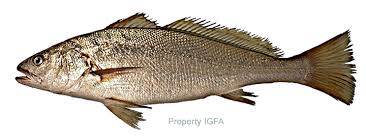记忆方法
1. macer- "thin" => meager / meagre.
英语词源
- meagre
-
meagre: [14] Meagre originally meant literally ‘thin’ (it goes back via Anglo-Norman megre and Old French maigre to Latin macer ‘thin’, source also of English emaciate [17]). Not until the 16th century did the modern figurative sense ‘scanty’ begin to emerge. (Its distant Indo- European ancestor, incidentally, *makró-, also produced a parallel Germanic form mager ‘thin’, shared by German, Dutch, Swedish, and Danish.)
=> emaciate - meagre (adj.)
- chiefly British English spelling of meager (q.v.); for spelling, see -re.
权威例句
- 1. The bank's staff were already angered by a meagre 3.1% pay rise.
- 银行职员对只加薪3.1%已心生怒火。
- 2. The patient isn't restricted to a meagre diet.
- 并没有限制这位病人少吃东西。
- 3. a meagre diet of bread and water
- 只有面包和水的粗茶淡饭
- 4. The diet should be suitable, being neither too rich nor too meagre.
- 膳食应该适当, 即不能太油腻也不能太粗淡.
- 5. The show is drawing but a meagre audience.
- 看演出的观众寥寥无几.
